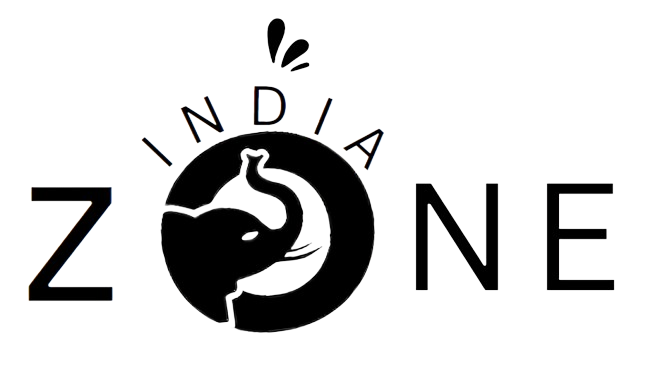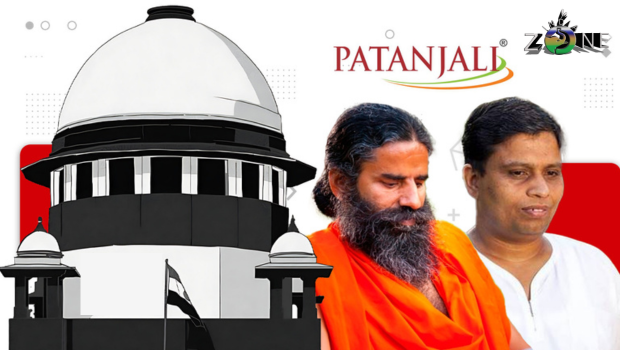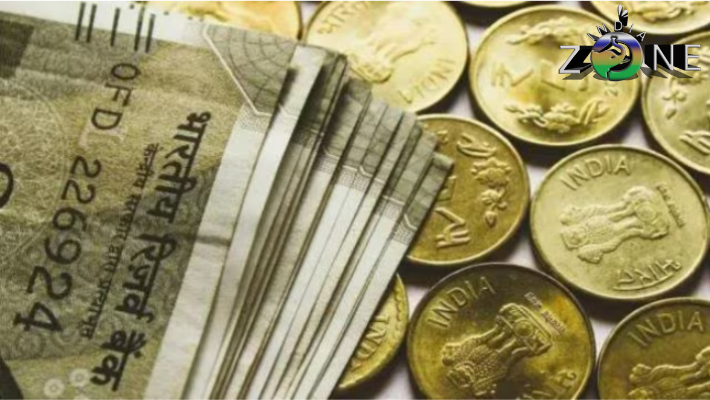
A coalition that has officially filed more than 200 petitions is requesting an injunction to stop the Citizenship Amendment Rules, 2024, from being implemented. These strongly worded and strongly supported petitions urge the Supreme Court to rule on the constitutionality of the 2019 Citizenship (Amendment) Act before these regulations are put into effect. Tuesday’s hearing highlights the significant legal and socio-political implications of the controversial citizenship law, highlighting the judiciary’s crucial role in resolving such complicated and divisive matters.
A distinguished bench chaired by Chief Justice of India DY Chandrachud and made up of Justices JB Pardiwala and Manoj Misra will oversee the hearings on these cases.
Renowned senior lawyer Kapil Sibal has made a significant appearance in a case concerning the Indian Union Muslim League (IUML), a political organization having its headquarters in Kerala. The case was filed with the Supreme Court last week. This argument persuasively argues that the Central government’s choice of time for enforcing the controversial legislation seems questionable, especially in view of the upcoming Lok Sabha elections. This argument highlights the long-standing worries about the possible politicization of citizenship matters and highlights the need for the judiciary to carefully consider the case in order to protect the integrity of democratic processes.
Examining the ramifications of the Citizenship Amendment Act (CAA) Rules notification is crucial, especially in light of the current legal processes. This announcement has generated a great deal of discussion and examination since it outlines the operational structure for the implementation of the CAA.
The claim that the CAA discriminates against Muslims based only on their religious affiliation is at the heart of the petitioners’ complaints against the statute. Those who support equality and non-discrimination in questions of citizenship are fiercely opposed to this discriminatory component of the Act.
Critics also contend that the morally repugnant and incompatible religiously-based segregation inherent in the CAA is in direct opposition to the values enshrined in Article 14 of the Indian Constitution. Article 14 forbids discrimination on the basis of any number of reasons, including religion, and ensures the fundamental right to equality before the law. Thus, the petition’s supporters contend that the prejudice against religion ingrained in the CAA breaches this fundamental right to equality and threatens the foundation of democracy and the rule of law.
The claim that the CAA’s religious segregation is unjustified and violates the right to equality guaranteed by Article 14 has a strong social and legal resonance, which highlights the importance of the current legal discussions surrounding the controversial citizenship laws.
Apart from the Indian Union Muslim League (IUML), other notable individuals and institutions have presented themselves as petitioners in the legal dispute over the Citizenship Amendment Act (CAA) and its corresponding regulations.
Asaduddin Owaisi, the charismatic head of the All India Majlis-e-Ittehad-ul-Muslimeen (AIMIM), is one of the petitioners, and his vehement opposition to the CAA is well-known. Owaisi’s participation highlights the Muslim community’s worries about the law’s discriminatory aspects.
Assam Congress leader Debabrata Saikia approaches the legal case from a regional perspective, bringing with her the complicated socio-political realities of the northeastern state, where concerns about demographic shift have been especially acute.
The veteran Congressman and former Union minister Jairam Ramesh lends more weight to the legal case with his vast political experience and unwavering dedication to preserving constitutional ideals.
Furthermore, the involvement of well-known non-governmental groups (NGOs) as Citizens Against Hate and Rihai Manch highlights the widespread civil society resistance to the CAA and its alleged effects on social cohesion and constitutional values.
Representing state-wide legal practitioners, the Assam Advocates Association offers a sophisticated comprehension of the local context and legal nuances associated with the implementation of the CAA in Assam, a territory that possesses distinct demographic issues and historical sensitivities.
In addition, the participation of law students emphasizes how younger people are fighting for justice and constitutional rights, highlighting the intergenerational nature of the fight against perceived injustices.
Collectively, these petitioners represent a wide swath of Indian society, all of whom are adamant in their determination to contest the morality and constitutionality of the CAA and the regulations that go along with it. Their combined effort is a sign of the resilience of democratic opposition and the unwavering dedication to defending the equality, fairness, and pluralism entrenched in the Indian Constitution.
Apart from the petitioners mentioned earlier, including Debabrata Saikia and the Indian Union Muslim League (IUML), a number of other organizations have filed lawsuits opposing the Citizenship Amendment Act (CAA) Rules, 2024, which made the CAA’s implementation easier.
One of these opponents is the Asom Jatiyatabadi Yuba Chatra Parishad, a local student group advocating for the issues of Assamese indigenous people, who have particularly strong worries about population shift. This group’s inclusion highlights the localized nature of resistance to the CAA and its possible effects on identity and demography.
The coalition of petitioners challenging the CAA Rules is further broadened by the inclusion of the Social Democratic Party of India (SDPI), a political party representing the interests of marginalized communities, and the Democratic Youth Federation of India (DYFI), a youth organization affiliated with the Marxist Communist Party of India. Their participation is indicative of the wide spectrum of social and political forces coming together to oppose what they see as a danger to the secular and pluralistic foundation of Indian society.
The central government has maintained its position throughout the legal process, claiming that the CAA and the regulations that go along with it do not violate citizens’ legal, democratic, or secular rights. Despite criticism and legal examination, the administration has urged the court to reject the applications that challenge the Act.
On March 11, 2024, the central government proceeded with the implementation of the CAA, five years after its passage in Parliament in December 2019. This move reignited nationwide protests and intensified the public discourse surrounding the controversial legislation, catapulting it into the forefront of national attention and political debate. The contentious nature of the CAA and its subsequent implementation underscore the deep-seated divisions and societal tensions surrounding issues of citizenship, identity, and secularism in contemporary India.
Various political perspectives have expressed their apprehensions and objections regarding the federal government’s recent announcement of the Citizenship Amendment Act (CAA) rules. A severe warning has been issued by Delhi Chief Minister Arvind Kejriwal, who calls the CAA “dangerous” and believes that its implementation will increase crimes including rapes and thefts.
Kejriwal’s warning is in line with the general fear and debate around the CAA, which modifies the 1955 Citizenship Act. Under the CAA, immigrants from Afghanistan, Bangladesh, and Pakistan who are members of minority communities—Hindus, Sikhs, Jains, Parsis, Buddhists, and Christians—and who arrived in India on or before December 31, 2014, will be eligible for expedited citizenship. The reasoning for this The purpose of the amendment is to grant citizenship and sanctuary to people who were persecuted for their religion in their native nations.
However, critics argue that the CAA’s exclusion of Muslims from its purview is discriminatory and violates the principles of secularism enshrined in the Indian Constitution. Furthermore, concerns have been raised about the potential implications of the CAA on India’s social fabric, with critics like Kejriwal warning of increased social unrest and criminal activities.
The CAA has been a subject of intense debate and protest since its introduction, with critics alleging that it undermines India’s secular ethos and threatens the rights of minority communities, particularly Muslims. Kejriwal’s admonition underscores the deep divisions and controversies surrounding the CAA and highlights the urgent need for a robust public discourse and legal scrutiny regarding its implications for Indian society and democracy.











